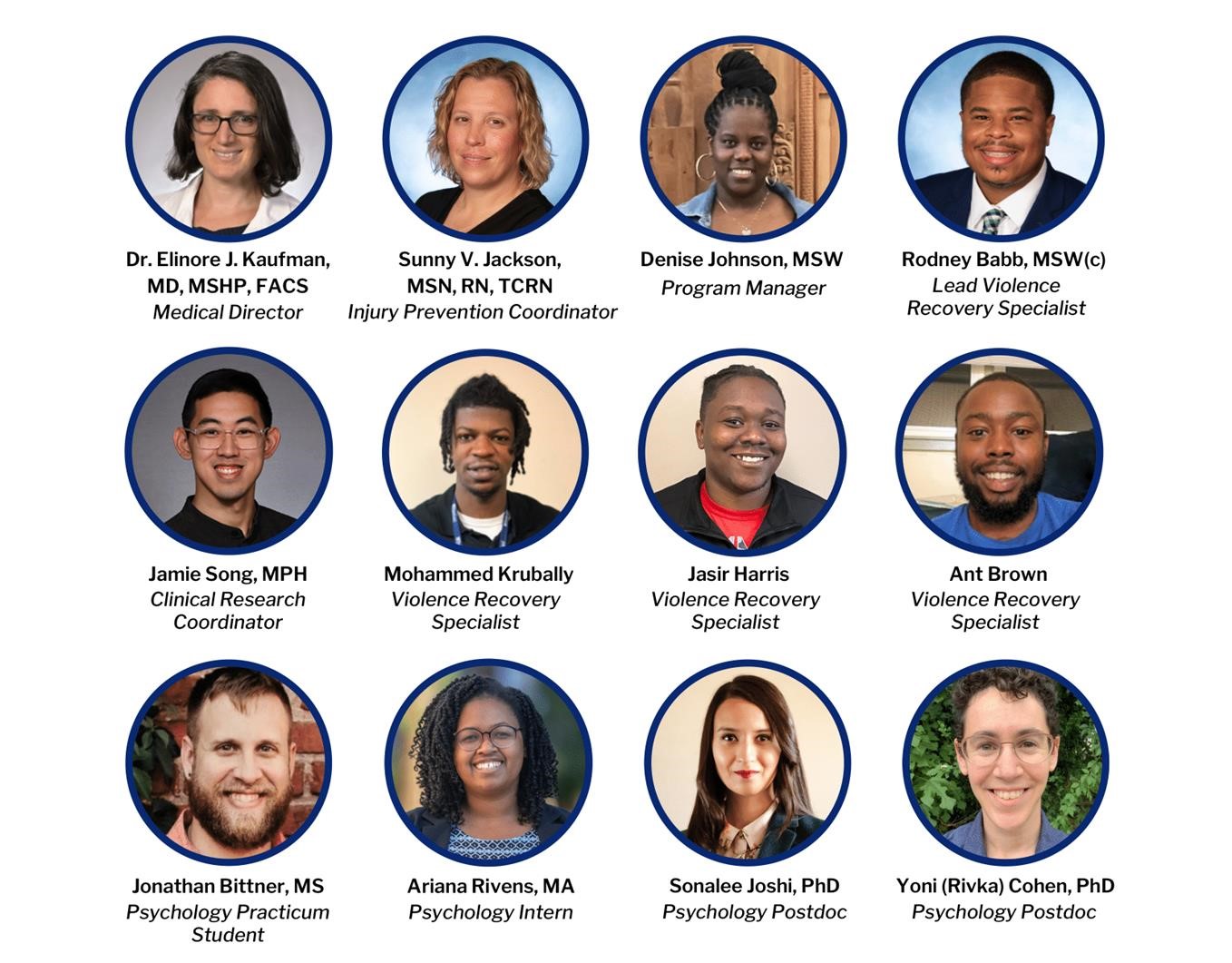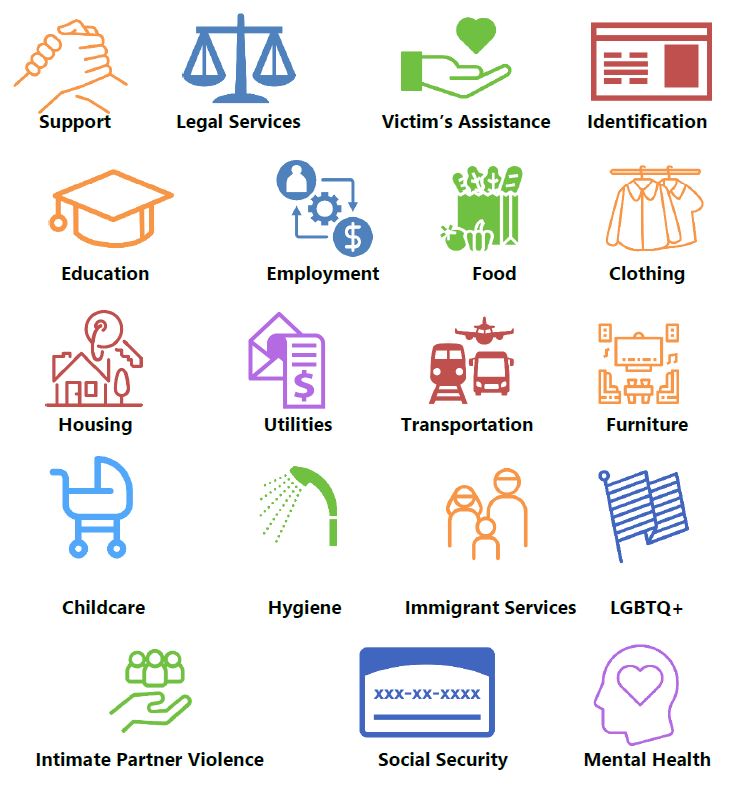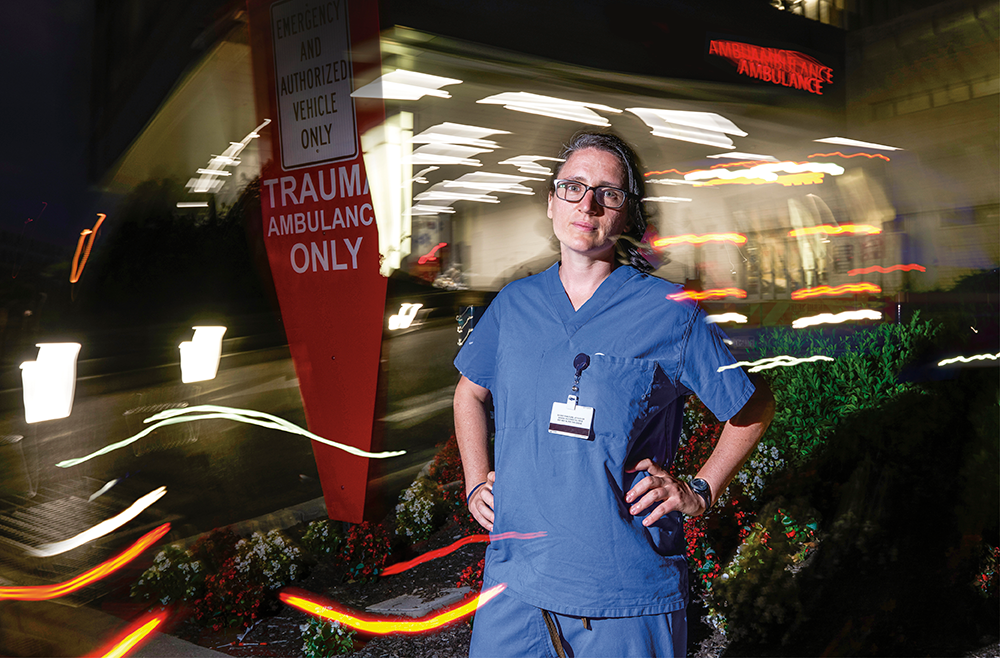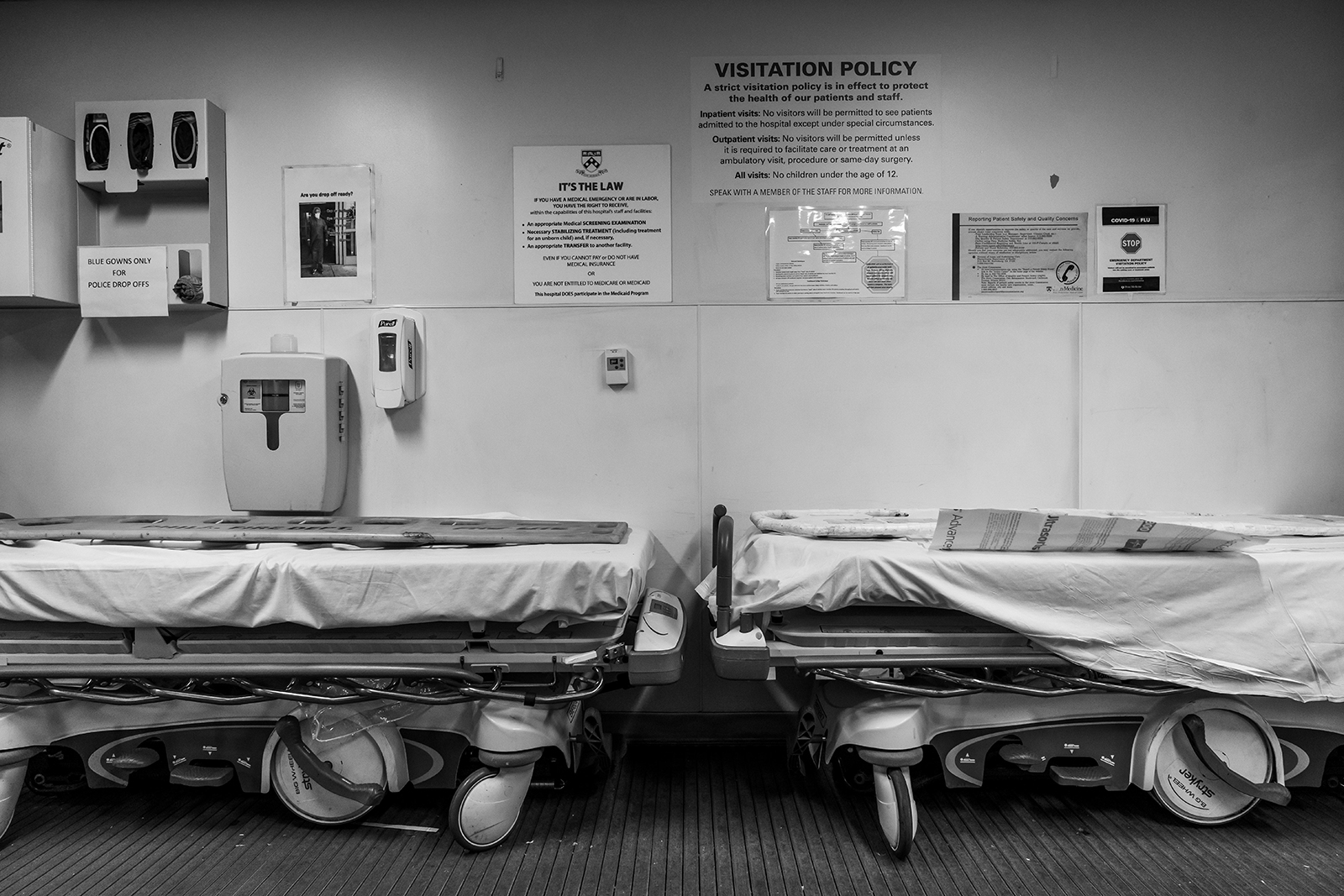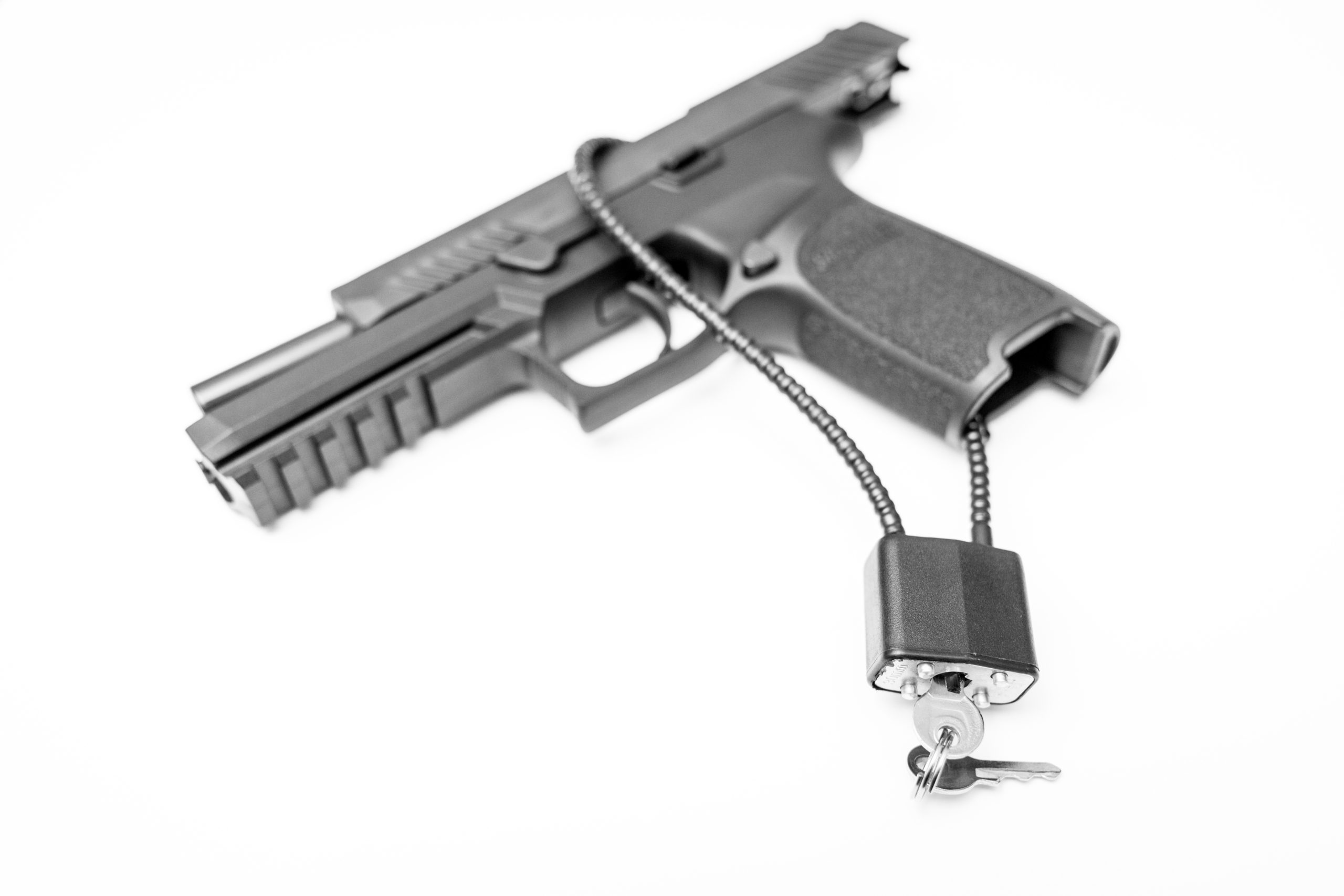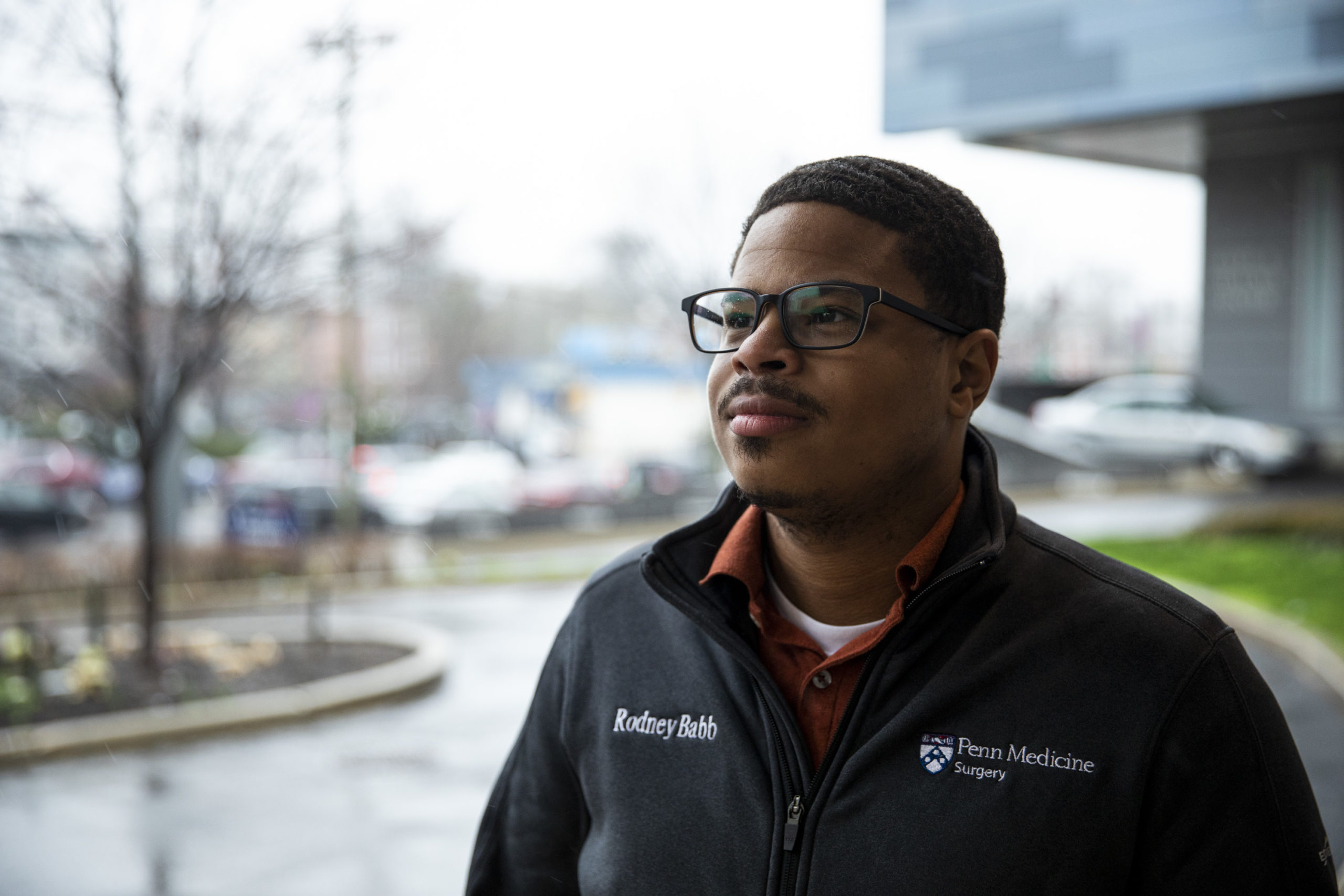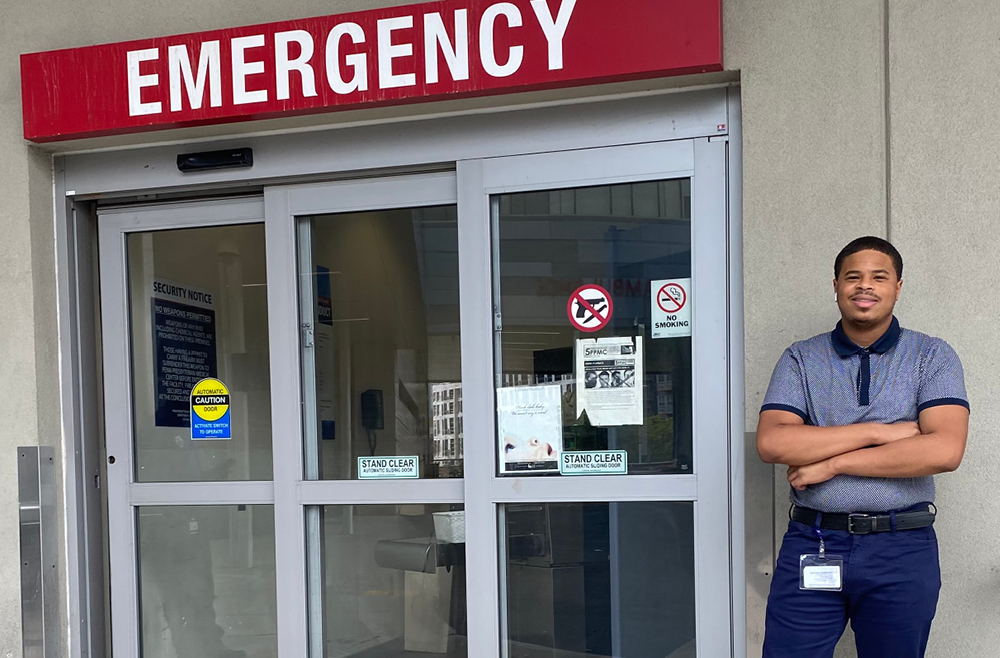Penn Trauma Violence Recovery Program
About the Penn Trauma Violence Recovery Program
PTVRP is a Hospital-Based Violence Intervention Program (HVIP). We’re a team of five Penn Presbyterian Medical Center (PPMC) employees working with the trauma team to improve care and outcomes for injured patients. Our experience spans surgery, nursing, public health and social work.
When people are injured by violence, the wounds are more than skin deep, and healing can bring physical, emotional, social, and economic challenges. Hospital-based violence intervention programs work to provide each injured individual the support they need to thrive. These programs save lives and prevent re-injury, and we are thrilled to begin this service at Penn Trauma.
Patients face challenges that are deeply embedded in structural racism and structural violence, such as barriers to employment, poor access to education, housing insecurity, and generational trauma. Medical and surgical care is not enough to address these important contextual factors. Our program hopes to begin bridging the gaps and easing our patients’ transitions from the hospital and back to their lives and communities by actively intervening on the social and structural determinants of health.
What is an HVIP?
Hospital-Based Violence Intervention Programs (HVIPs) provide psychosocial support and wraparound services to survivors of violent injury to promote their holistic healing. HVIPs can improve well-being, reduce reinjury, and save costs. In HVIPs, medical staff collaborate with community-based partners to provide psychosocial support, services, and trauma-informed care to violently injured people. Patients injured through community violence are at risk for numerous physical, emotional, social, and economic challenges in their recovery. By reaching patients early in their recovery and extending support past their acute hospitalization, HVIPs can help bridge the gap from injury to holistic healing and to address structural and social determinants of health including employment, education, and social support.
HVIPs add key players to the healthcare team: Violence Recovery Specialists. These highly-trained paraprofessionals often come from the communities they serve and share experiences and points of reference with patients. These team members connect with patients, build trust, provide individualized support, and link patients to community-based services.
From bedside to everything beyond...
After patients are medically stabilized by our trauma team, our violence recovery specialist, Rodney, meets them at the bedside and supports them in connecting with the resources and services they need. Upon discharge, we maintain our relationships with these former patients and continue to support their healing and well-being.
We work with our community partners to connect participants to: victim’s compensation funds, mental health care, relocation services, job training, and much more!
Program Highlights
patients met bedside for counseling and referalls
enrolled in the violence recovery program
referrals to community services and resources
established a fund to meet patient’s basic needs
(transportation, communication, food, and other necessities)
participating in the city-wide coalition of HVIPs
Patient Highlights
In the first year of the program, we were heartened to see patients achieve these steps in their recovery…
A young man got his first job.
A young woman enrolled in counseling.
A participant started a GED program.
See the PTVRP team featured in the media
Gun Violence: A Reckoning
Among other Penn Medicine experts on the front lines of the fight against gun violence, Dr. Elinore Kaufman was featured in this special issue of Penn Medicine Magazine. She calls for a broad-based approach to violence prevention, involving public health interventions as well as structural change.
One Bullet Can Kill, But It Takes More Than 100 People To Save A Gunshot Victim’s Life
Twelve workers at Penn Presbyterian Medical Center, including Dr. Elinore Kaufman and Sunny Jackson, were interviewed for this BuzzFeed News story on the experiences of health care providers in treating patients who have been shot. The article revealed not only the intensity of responding to violently injured patients, but also the secondary trauma that providers bear as a result of their work.
Gun locks are one important tool in preventing violent deaths, Penn trauma expert says
Sunny Jackson, injury prevention coordinator at Penn Trauma and PTVRP team member, was interviewed for this Inquirer article on gun locks and gun safety. In discussing the ability of gun locks to prevent accidents and suicides, Sunny referred to them as the “least-expensive, most effective way to prevent a firearm from being used.”
Violent crime leaves invisible injuries. Philly hospital staffers use their life stories to help heal them.
Among programs at other Philadelphia hospitals, PTVRP team members Rodney Babb and Dr. Elinore Kaufman were featured in a special story in the Inquirer on hospital-based violence intervention programs, and how violence intervention specialists like Rodney help patients “get back to a normal life after being shot.”
Adding a Layer of Support for Victims of Violence
Rodney Babb was profiled by Penn Medicine News describing the care he provides for his patients and their families, and receiving praise for his commitment to uplifting his West Philadelphia community.
For inquiries about the program, contact ViolenceRecovery@pennmedicine.upenn.edu or Medical Director Dr. Elinore Kaufman elinore.kaufman@pennmedicine.upenn.edu
View other programs in the Community Violence Intervention Hub
Photo below by Peggy Peterson
